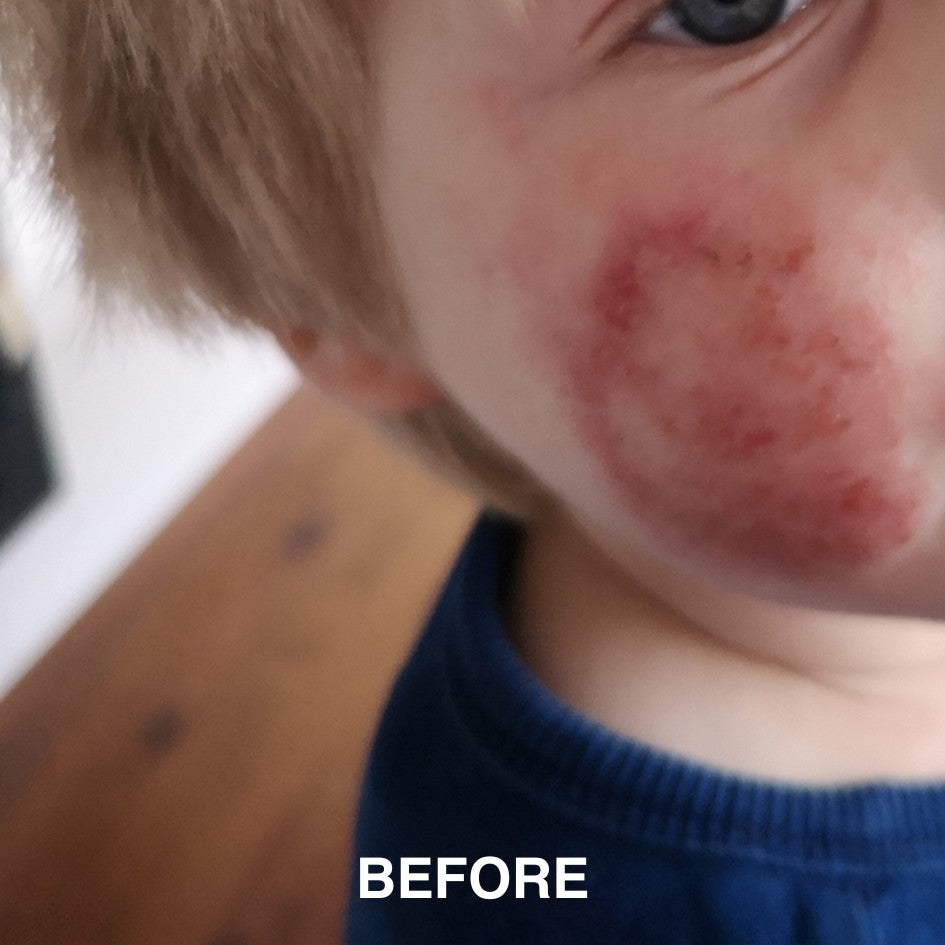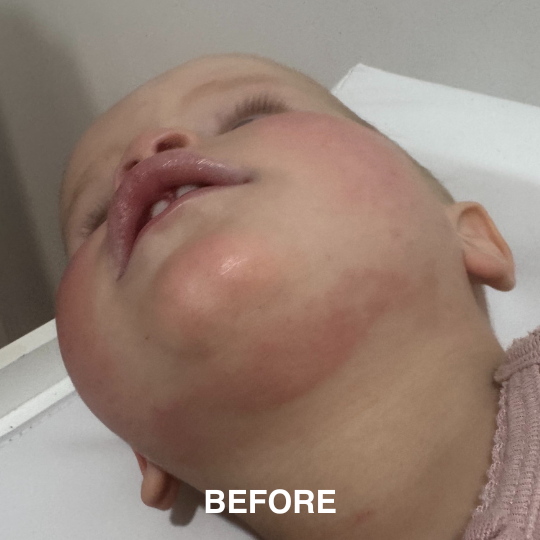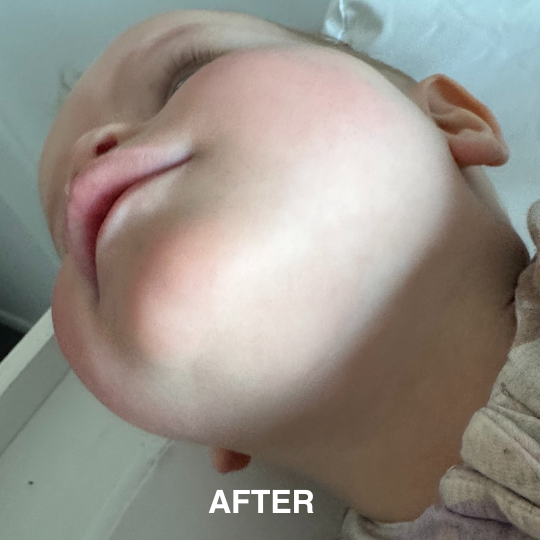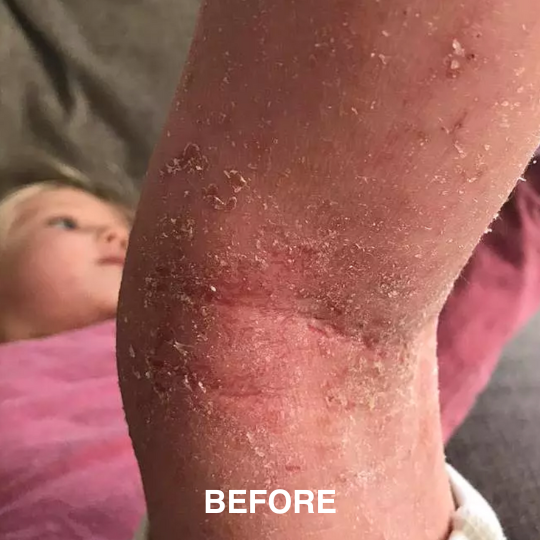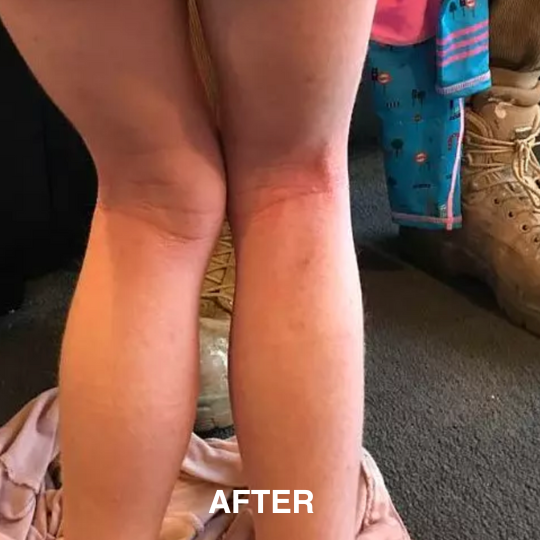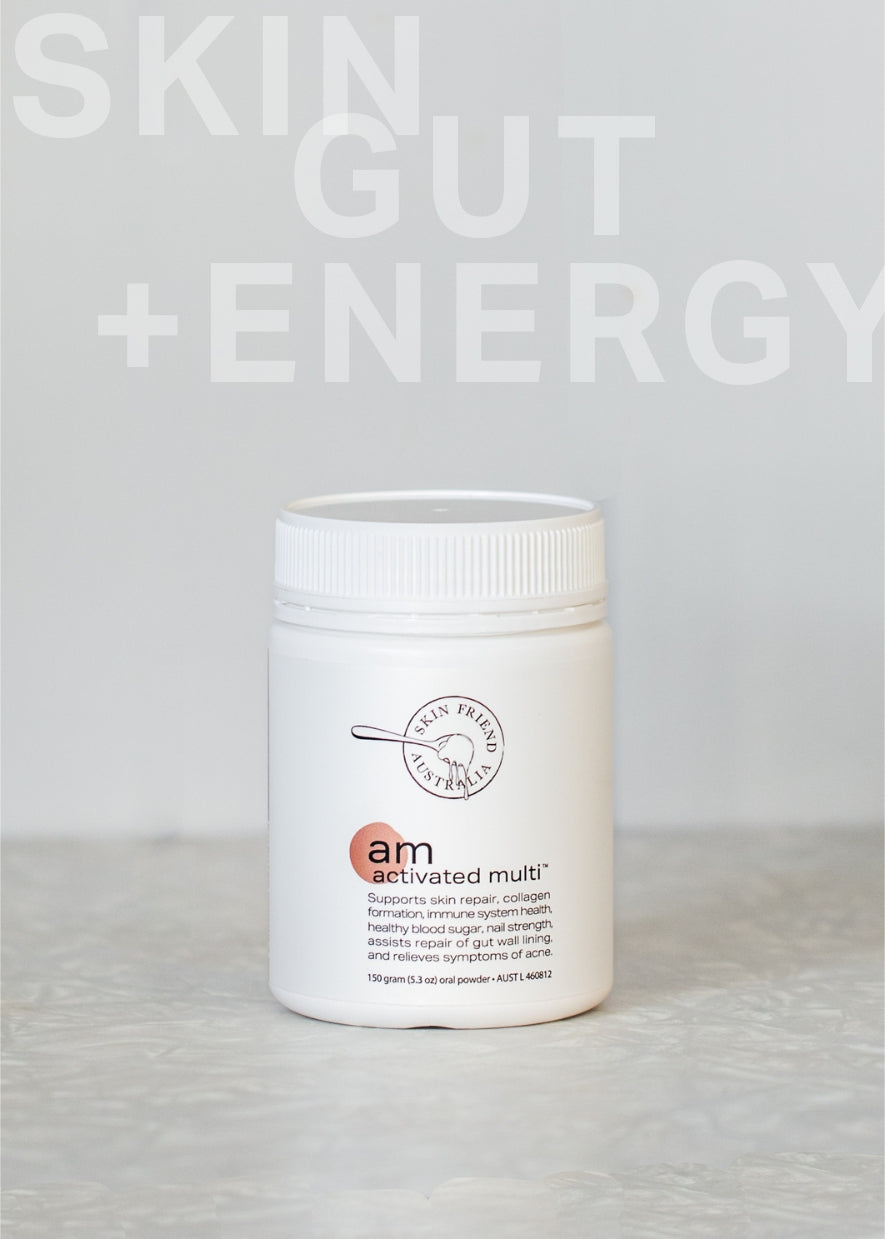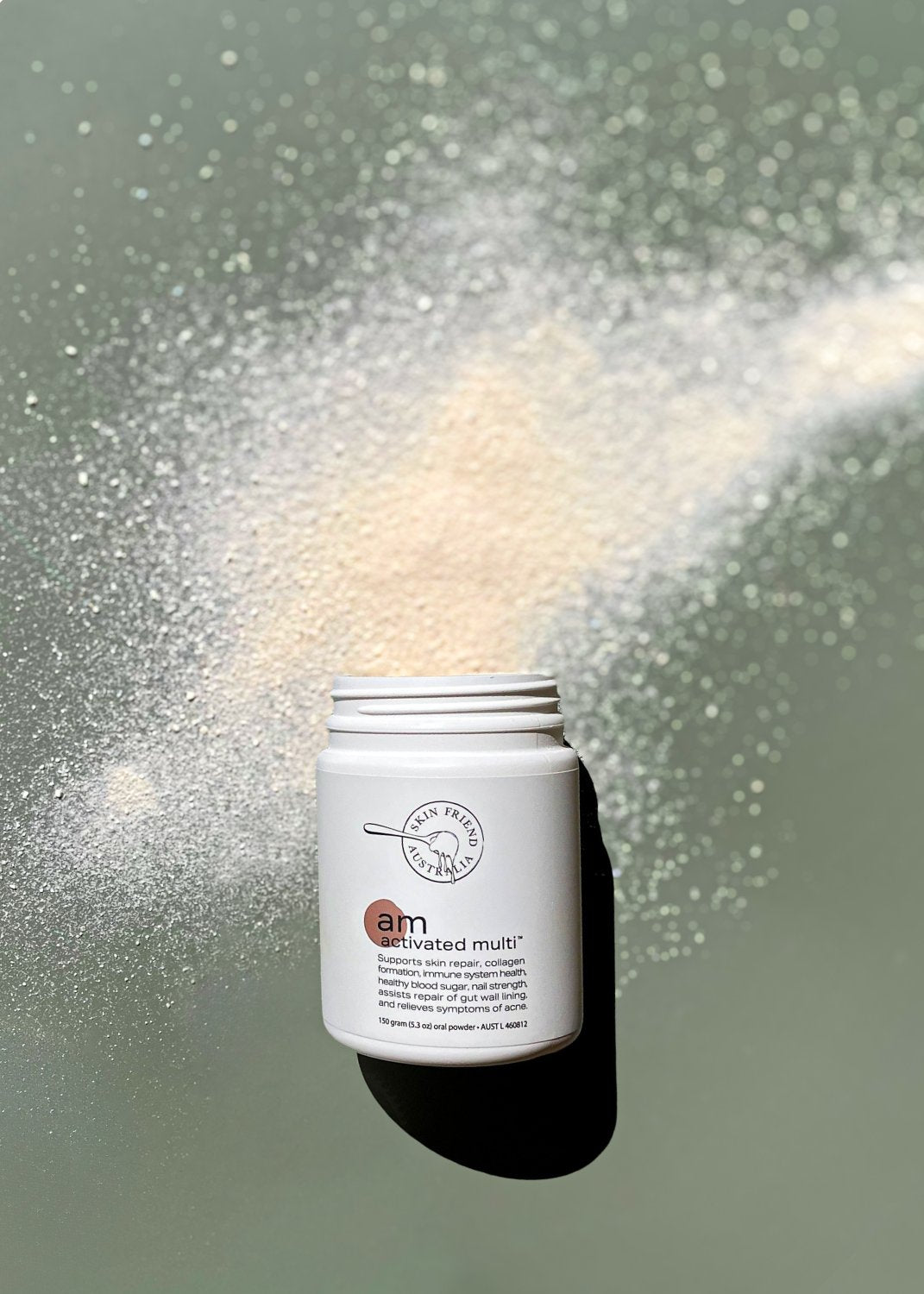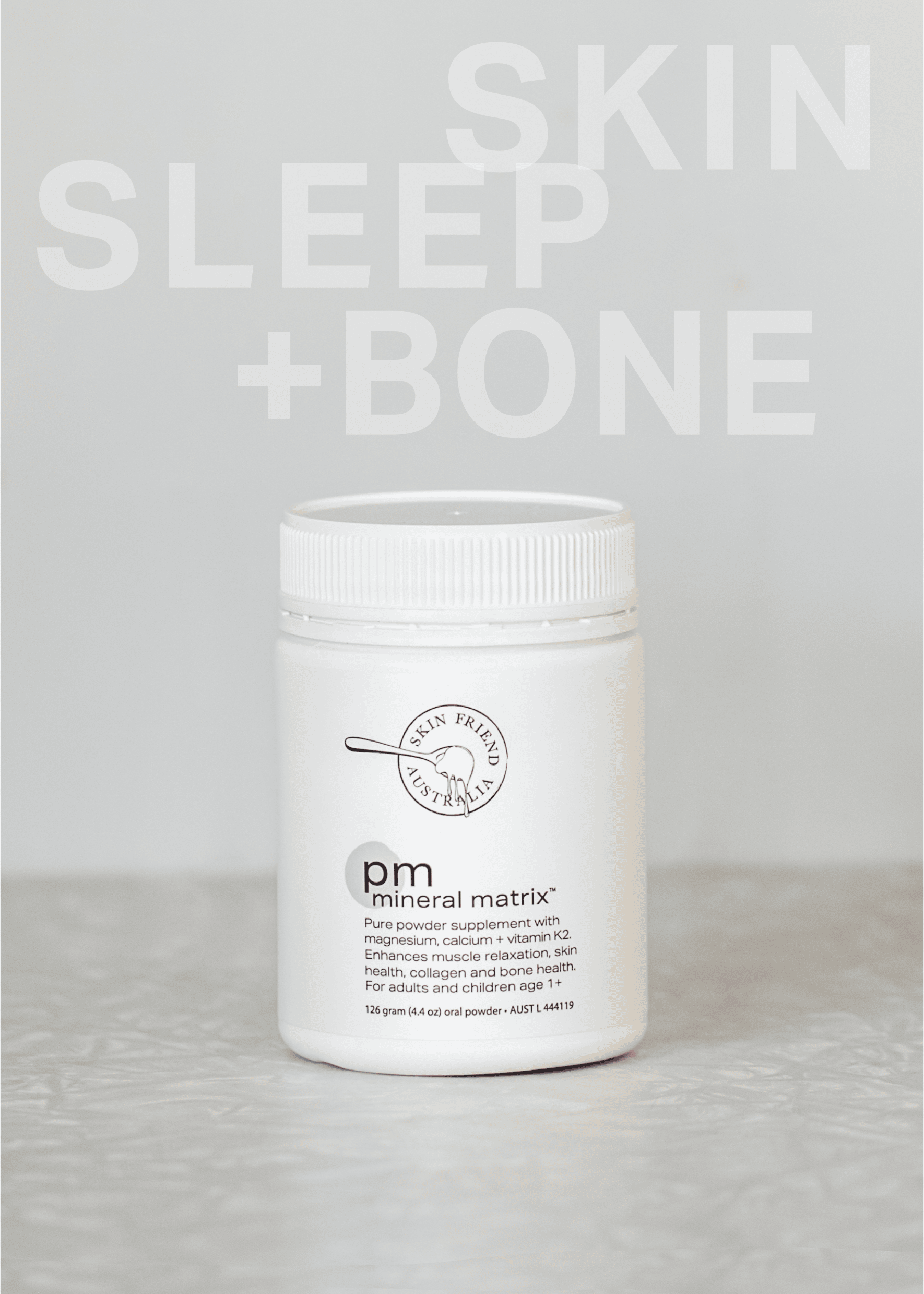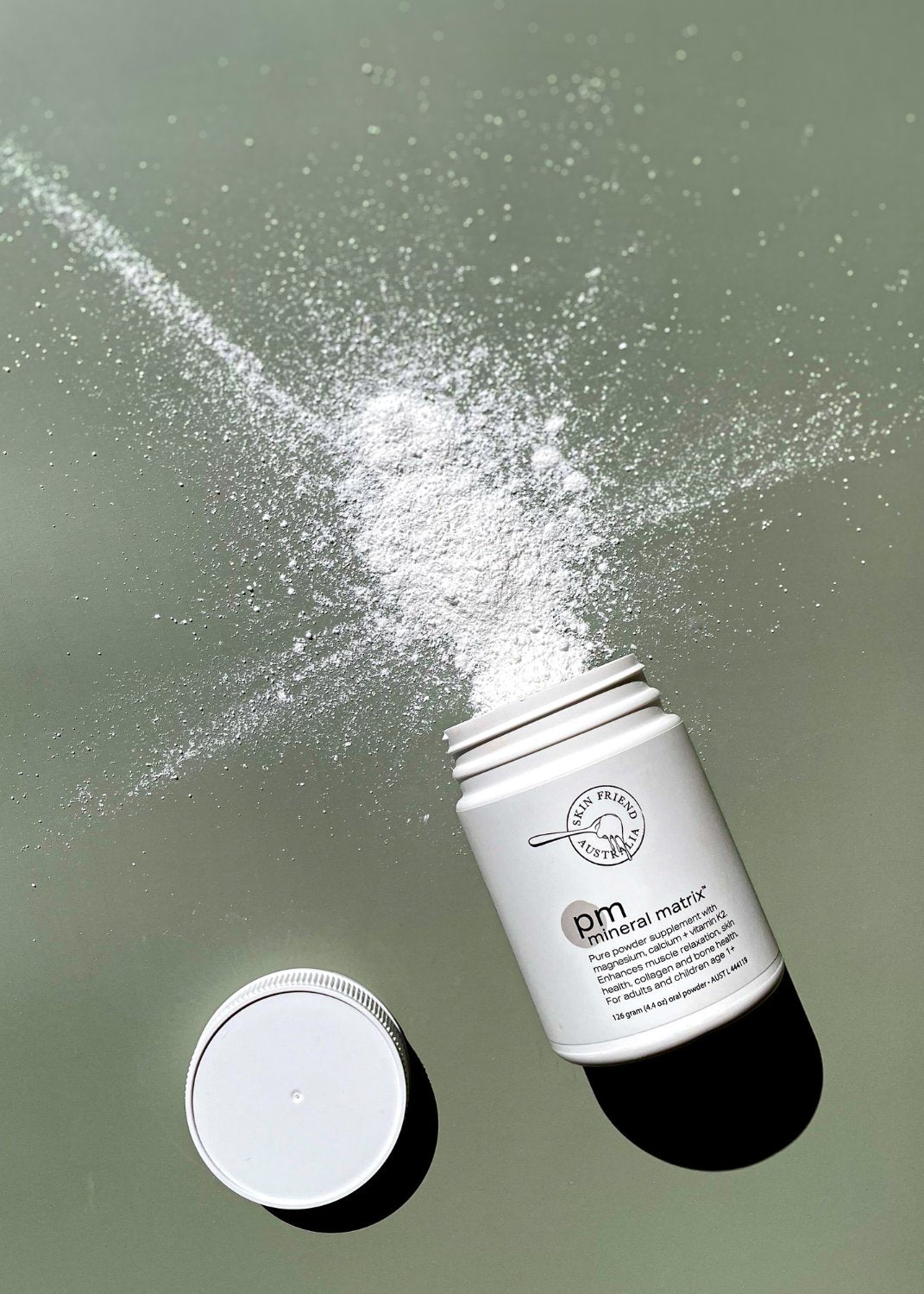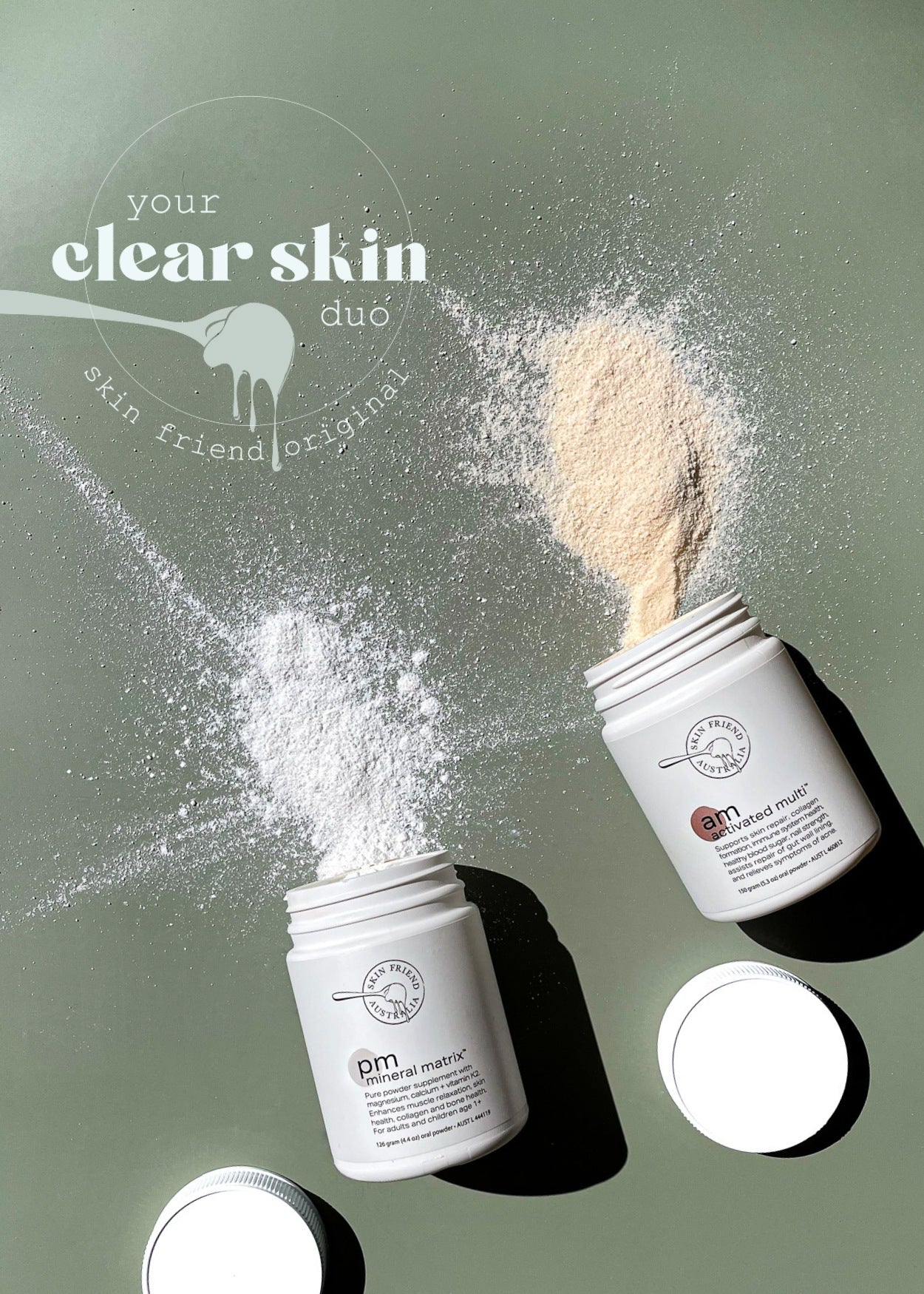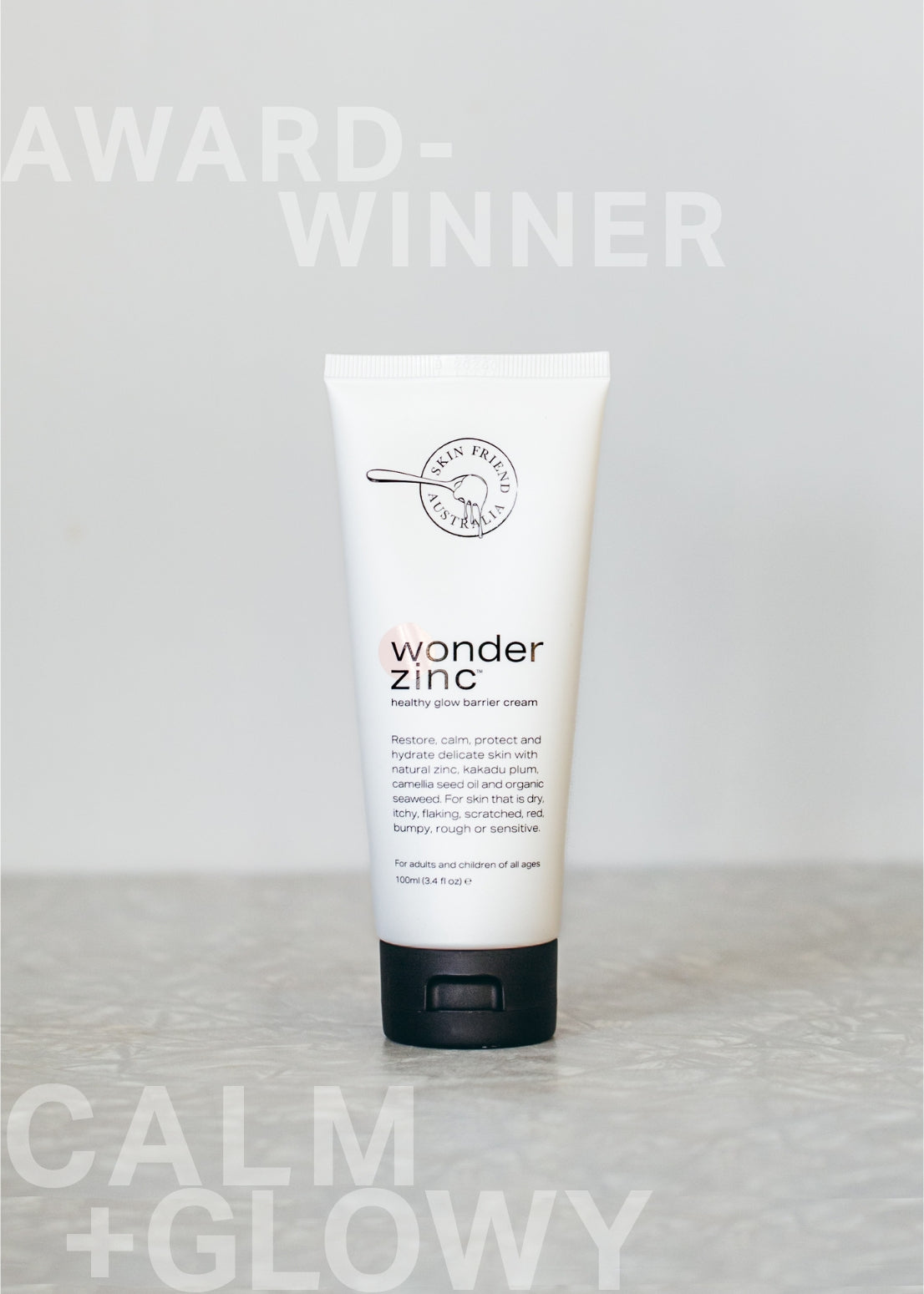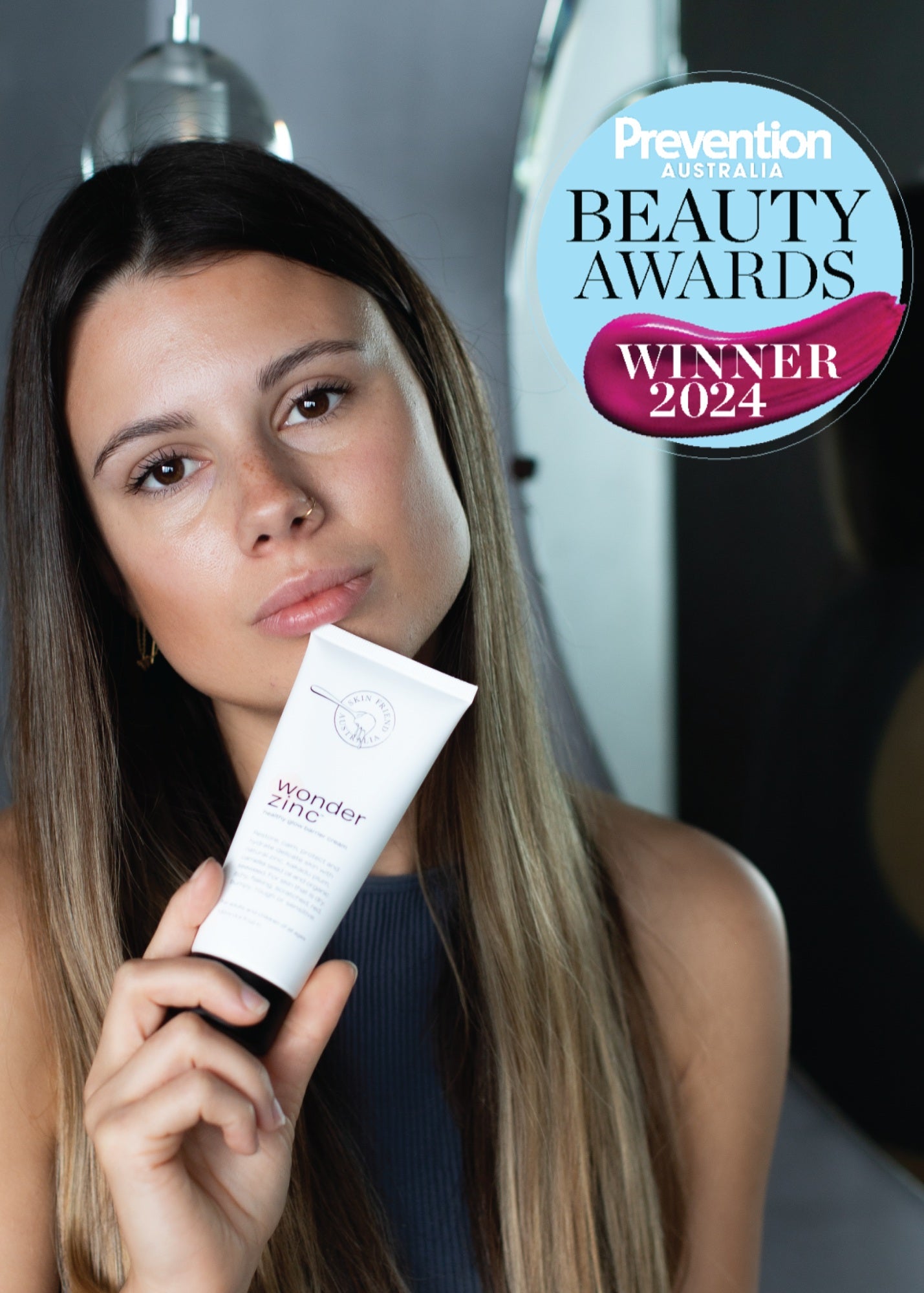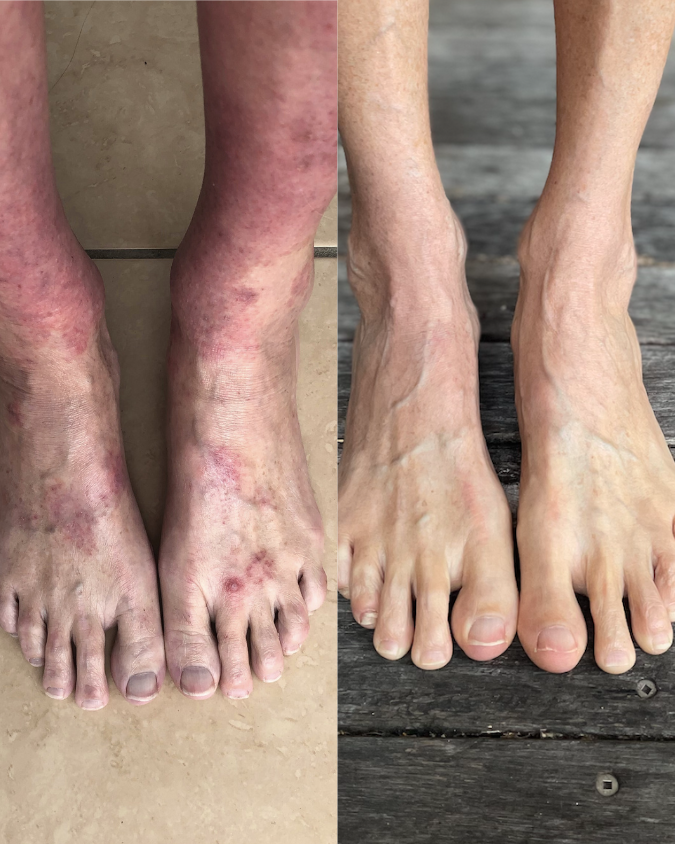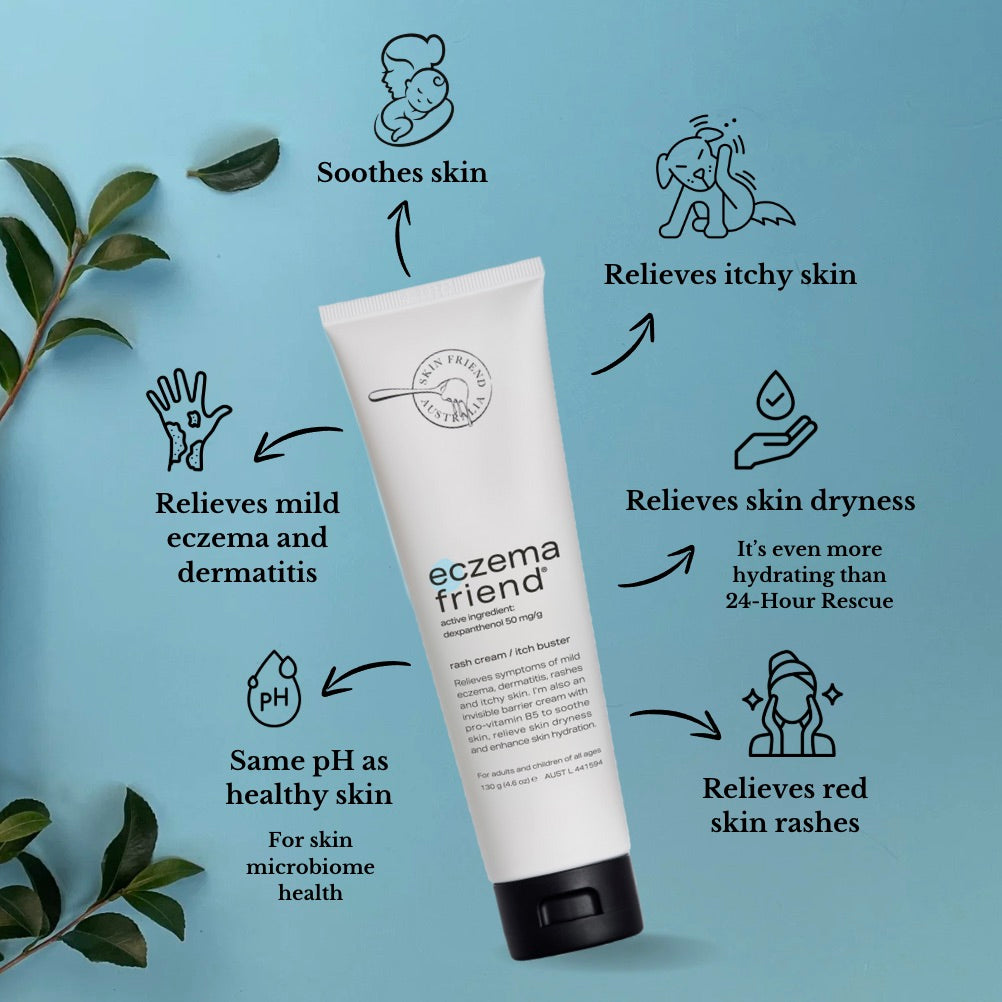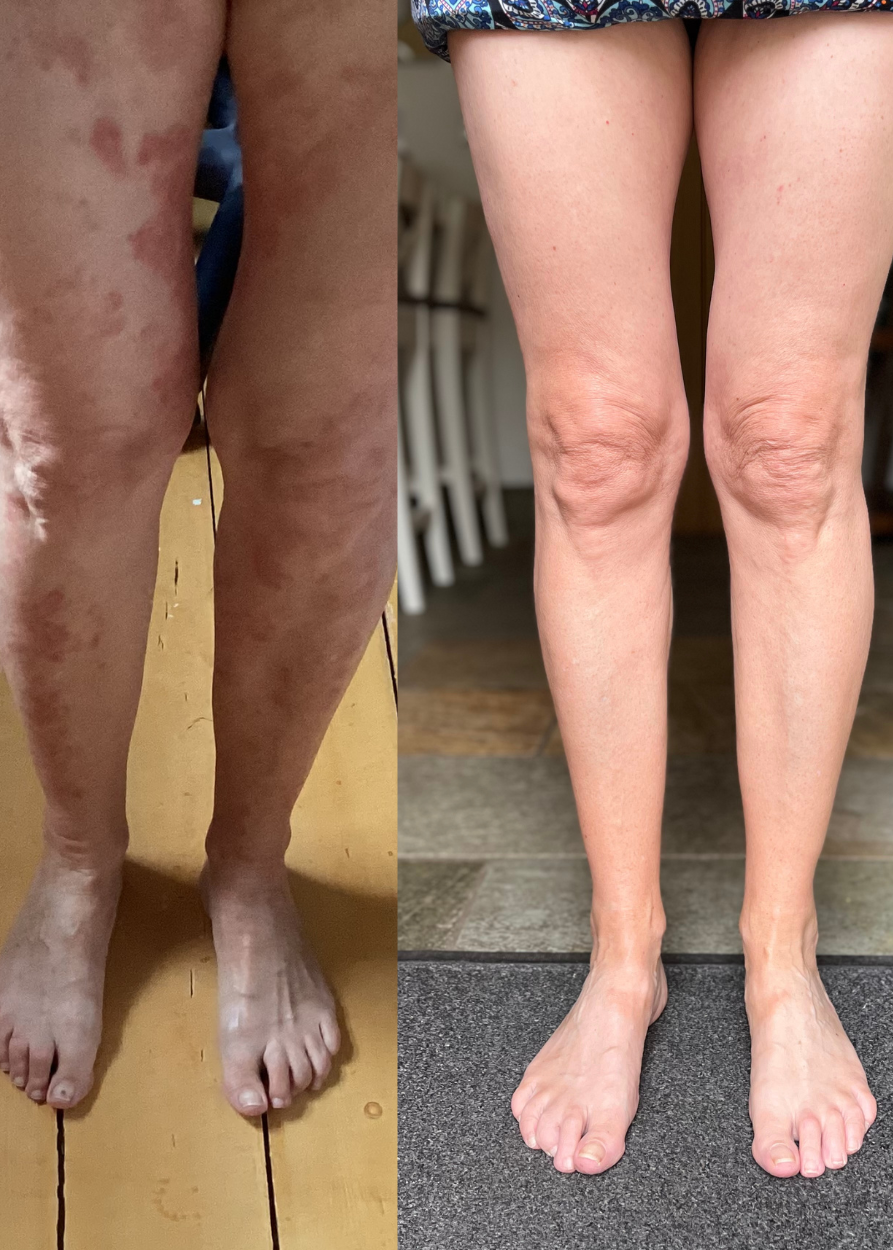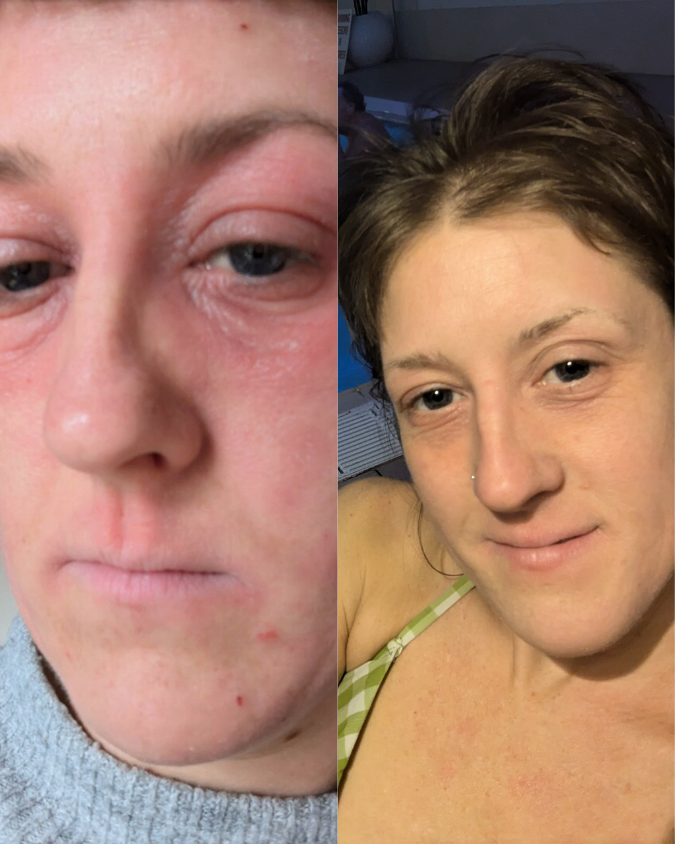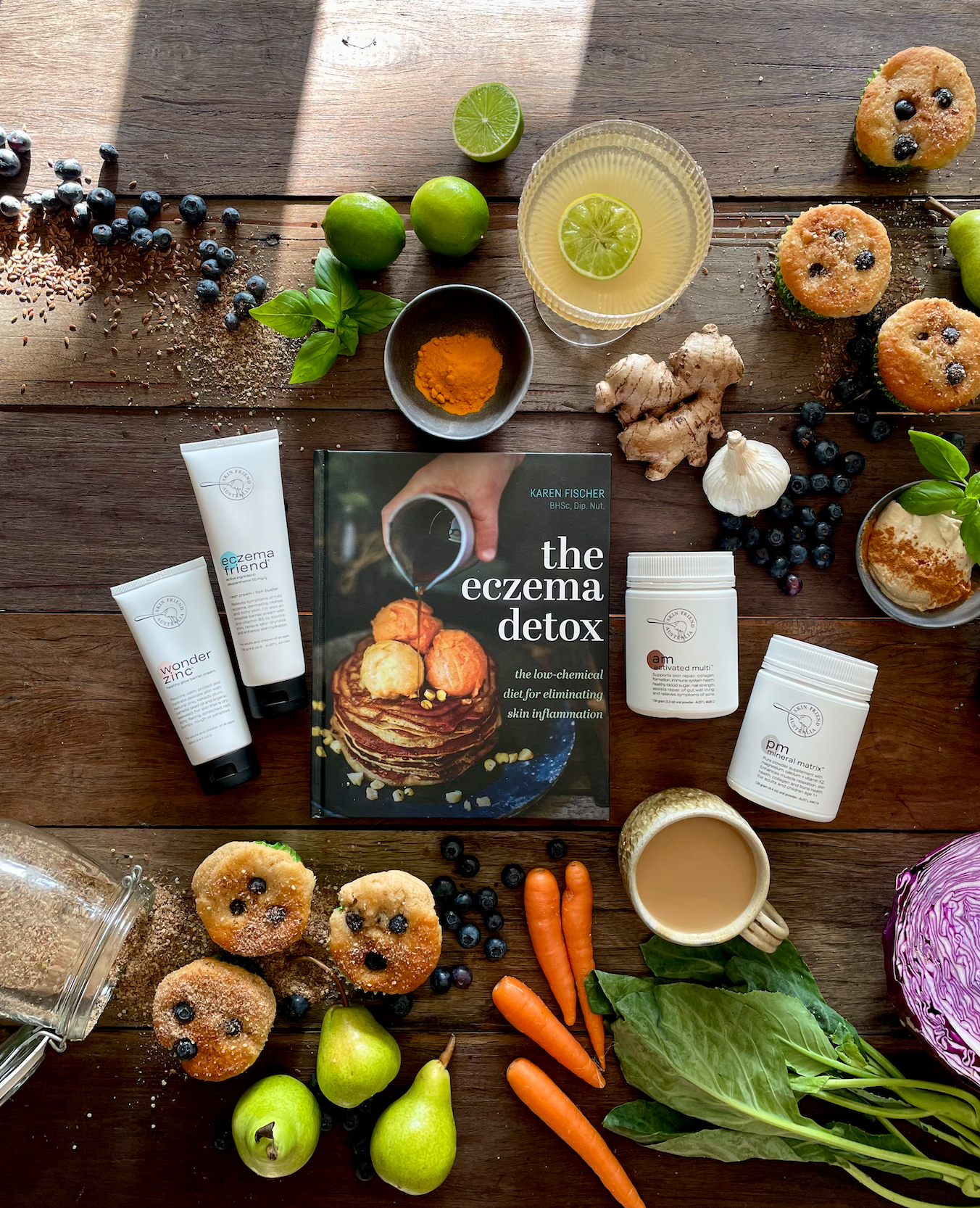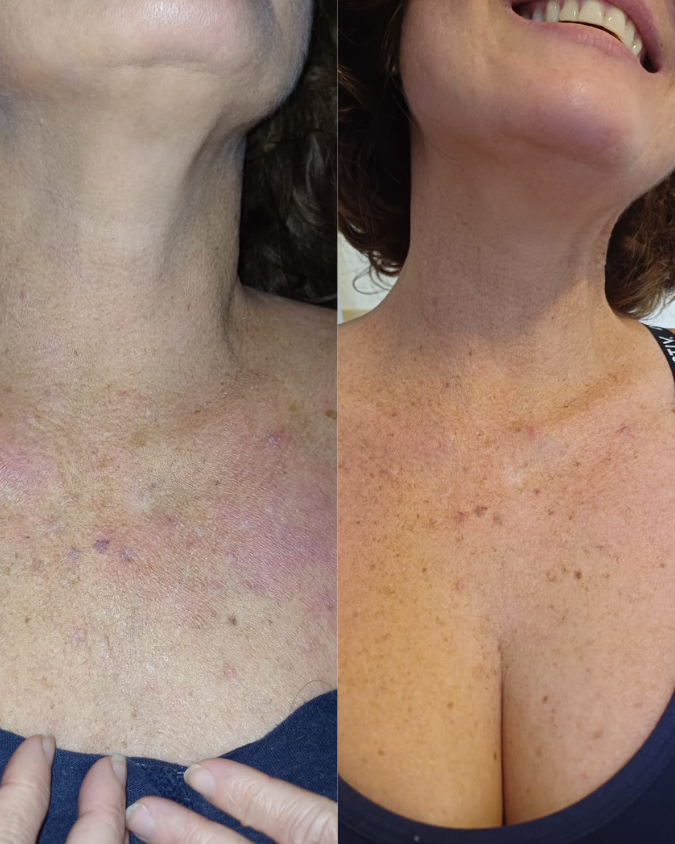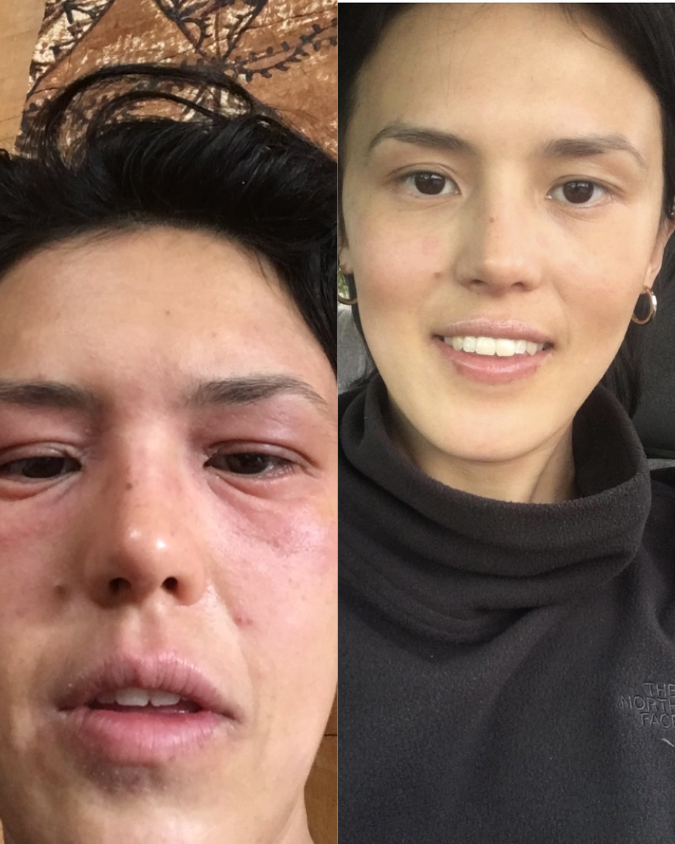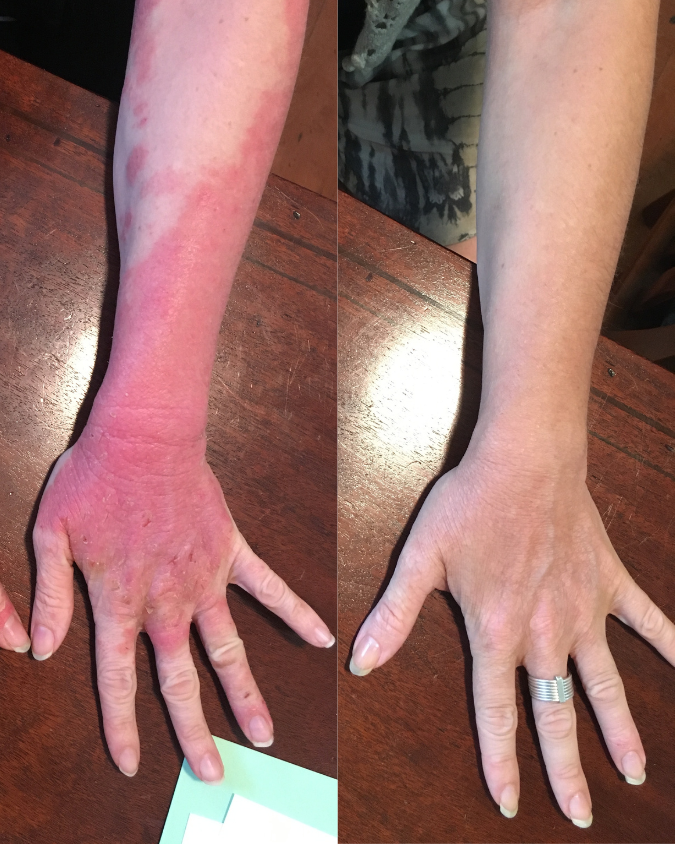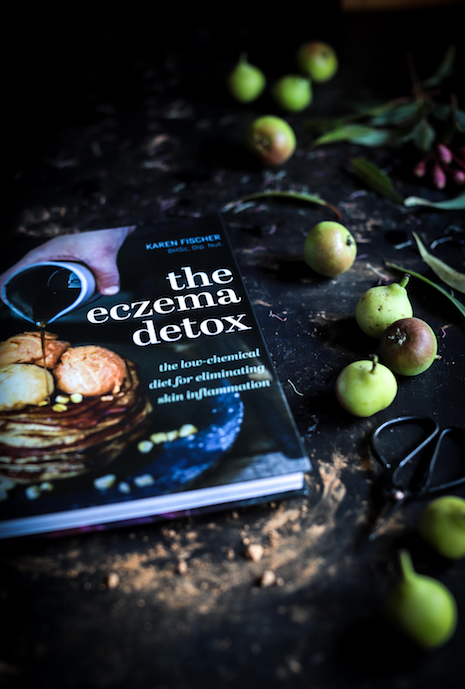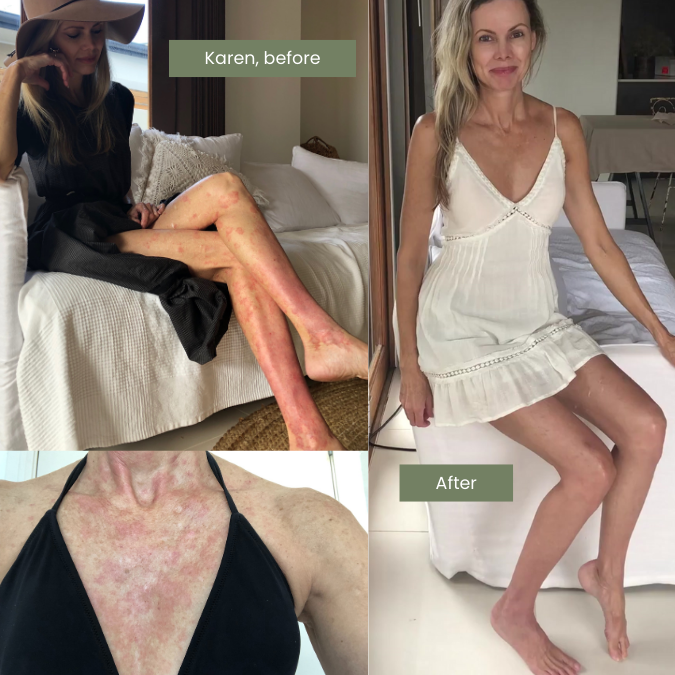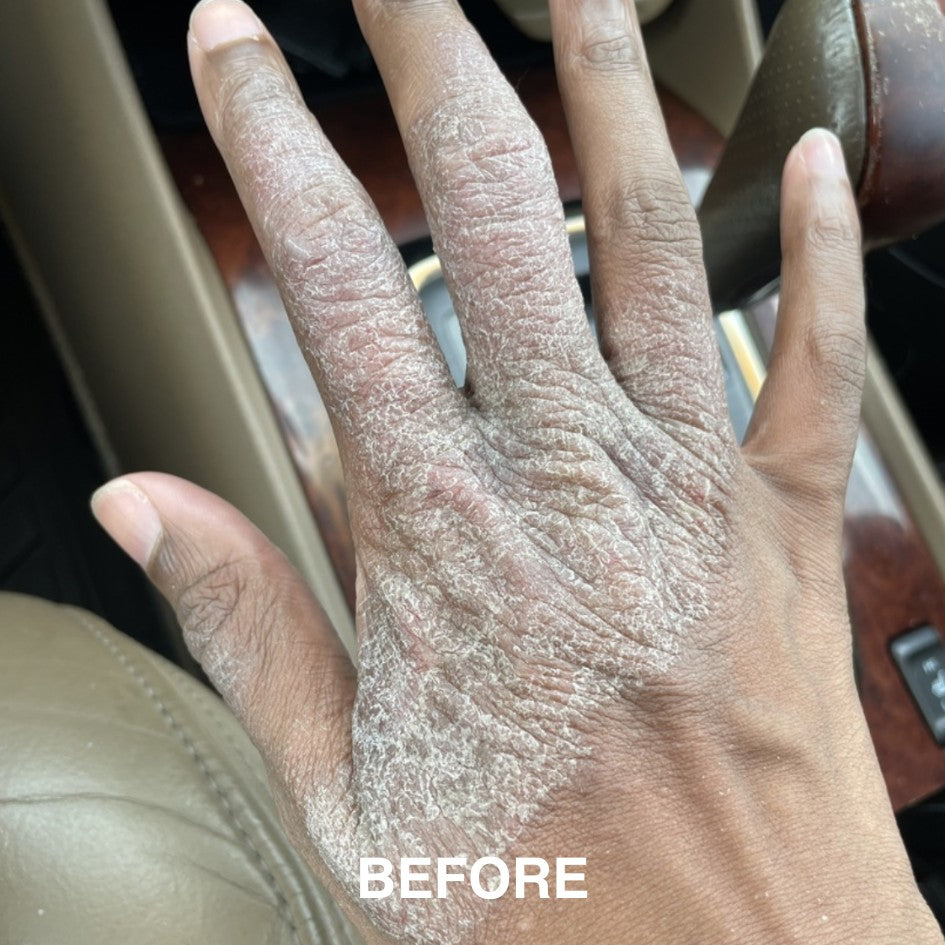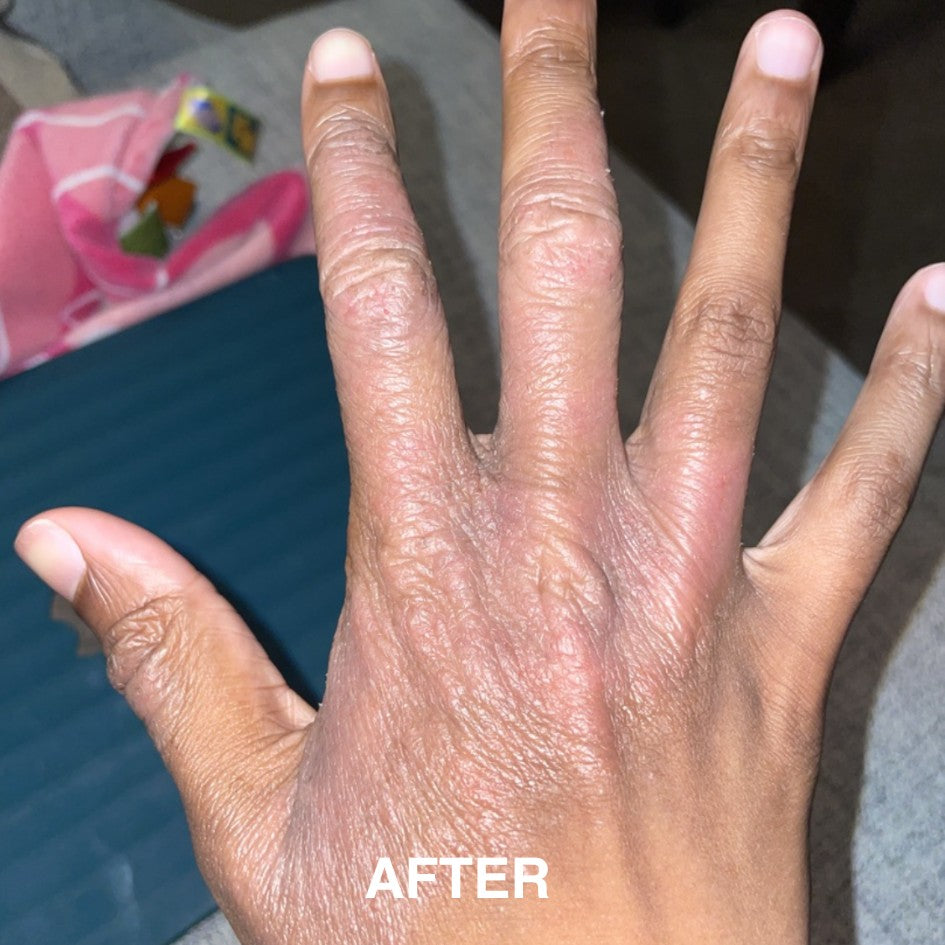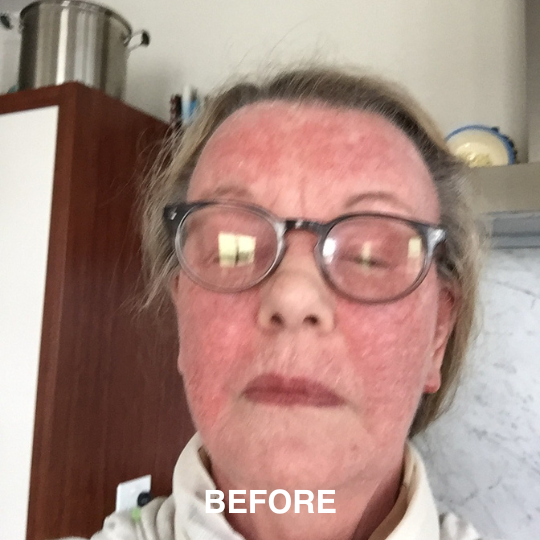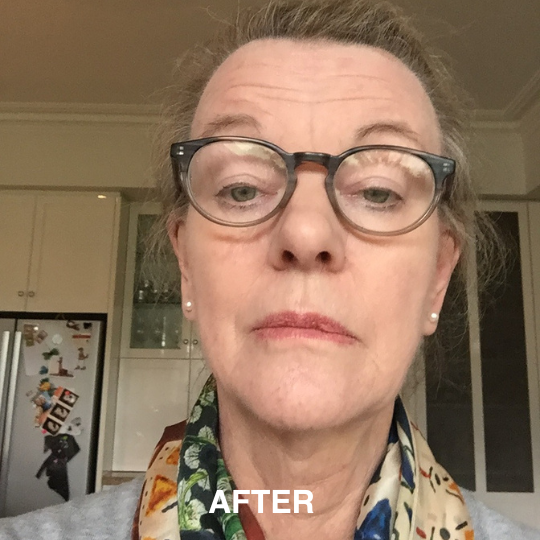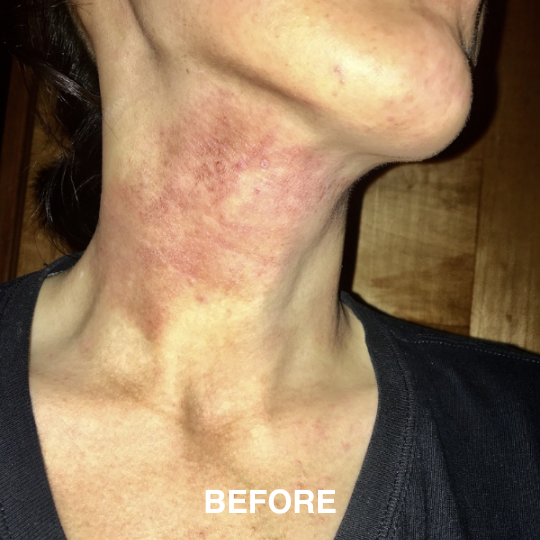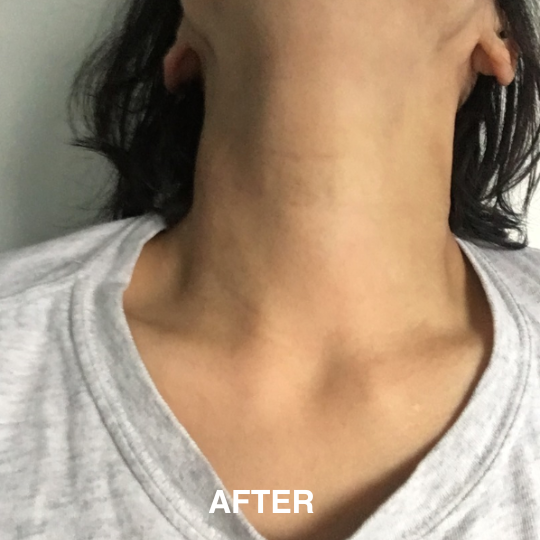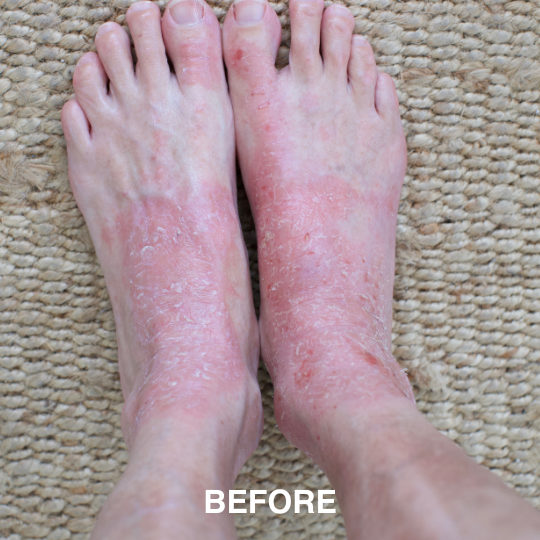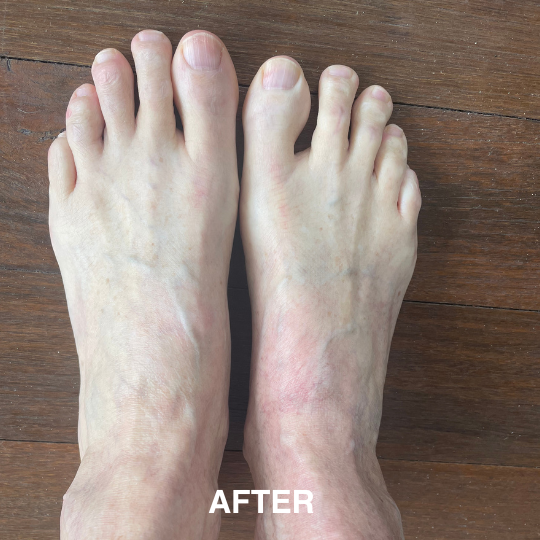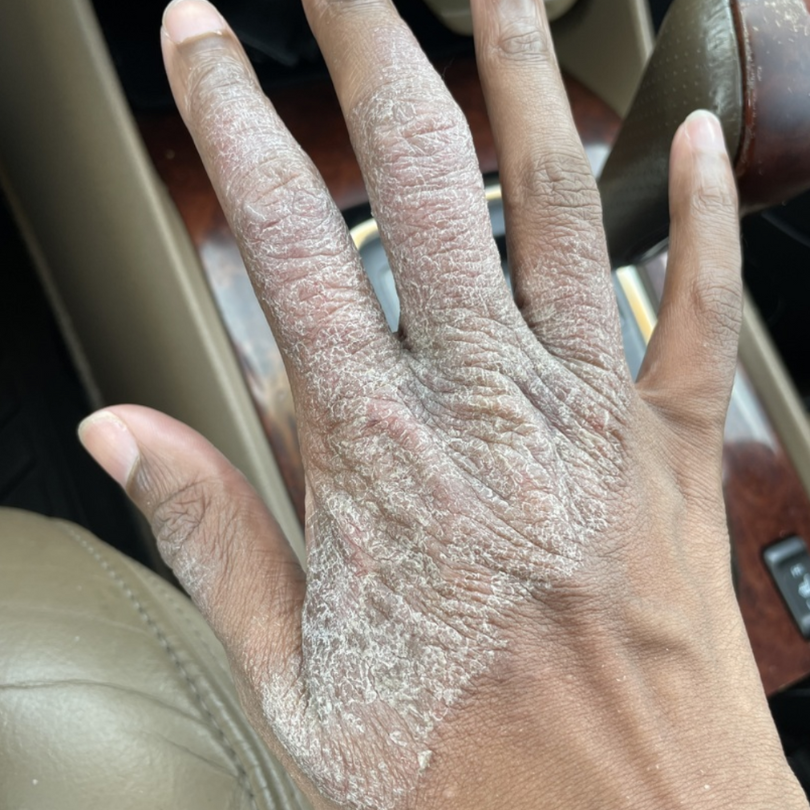Pregnancy is an exciting time, but it can also bring unexpected changes to your skin. If you’re dealing with eczema during pregnancy, you’re not alone.
Many people experience flare-ups or even develop eczema for the first time while pregnant. Managing this condition safely is key to keeping both you and your baby comfortable and healthy.
Why Eczema May Flare During Pregnancy
Hormonal shifts during pregnancy can cause your skin to become more sensitive, due to changes in the cytokine balance, which may trigger eczema.
Increased blood flow and changes in your immune system can also contribute to flare-ups. Common symptoms include itching, redness, weeping and dry patches that can appear anywhere on your body.
Safe Pregnancy Eczema Treatments
Finding safe and effective treatments for eczema during pregnancy is crucial. Many over-the-counter and prescription treatments are not recommended for pregnant individuals, but there are safe options available.
What to avoid when you are pregnant and have eczema:
- Avoid skin care products containing artificial fragrance (parfum) or essential oils such as tea tree oil, lemon balm, lavender, tansy, Nigella sativa, cinnamon, sage, and more, because they may harm your unborn baby.
- Avoid so-called natural herbal eczema creams as they may contain potent hidden steroids and potentially toxic essential oils that may be harmful.
- Avoid home-made or small batch eczema creams that are “preservative free” as these may be contaminated with harmful bacteria that could infect your eczema and lead to eczema exacerbation.
- Water-free products that are preservative free can also become contaminated with harmful bacteria if used in a wet environment such as the bathroom, so avoid these creams while you are pregnant.
- Applying a skin cream that is small batch or home-made in a kitchen, can risk your unborn baby. To minimise the risks of choosing contaminated skincare products, only buy skin creams that are made in a Good Manufacturing Practices (GMP) facility as they follow strict microbial testing, and cleanliness guidelines and each ingredient is tested for freshness and safety (for example, they ensure the oils used are not rancid).
Best Eczema Cream for Pregnancy
Gentle, non-toxic eczema creams (emollients) are your best friend when managing eczema during pregnancy.
When pregnant, choose TGA-registered products like Eczema Friend which is manufactured in a GMP-certified facility and made without harsh chemicals, essential oils, fragrance, steroids, or common food allergens, making it safe for use while you are expecting (Dosoky, 2021).
Eczema Friend:
- Relieves itching and irritation without harmful additives.
- Relieves mild eczema and dermatitis.
- Hydrates and protects with ingredients like pro-vitamin B5, mango seed butter and castor oil.
- Free from steroids and other harsh chemicals often found in traditional eczema creams.
-
Eczema Friend is also free from common food allergens such as nuts, gluten, dairy, soy and wheat.
Practical Tips for Pregnancy Eczema Relief
1. Moisturise Regularly
Pregnancy can make your skin drier than usual, so consistent hydration is essential. Opt for fragrance-free moisturizers or barrier creams, such as Eczema Friend, to lock in moisture and prevent itching.
2. Identify and Avoid Triggers
Common eczema triggers like synthetic fabrics, fragrances, or even stress can exacerbate flare-ups. Stick to natural fabrics like cotton and bamboo, and fragrance-free products to minimize irritation.
3. Maintain a Healthy Diet
A balanced diet rich in omega-3s, vitamins, and minerals such as zinc can help reduce inflammation and support skin health.
4. Stay Cool and Comfortable
Heat and sweat can make eczema worse. Wear loose-fitting clothing and keep your home cool to reduce flare-ups.
Eczema Cream for Pregnancy: What to Look For
When selecting the best eczema cream during pregnancy, choose products with gentle ingredients, and ensure they are TGA-registered as this means they have been manufactured using safe and “approved” ingredients. Avoid creams with topical steroids unless prescribed by a doctor, and always check the label for harmful additives.
Furthermore, avoid food ingredients such as almond oil, goat’s milk and coconut oil as applying food ingredients onto broken skin can increase your risk of developing food allergy, according to Allergy and Anaphylaxis Australia.
Eczema Friend stands out as one of the best options for treating eczema while pregnant, offering effective relief without compromising safety. Click here to buy Eczema Friend.
Treat Your Pregnancy Eczema
Managing eczema during pregnancy doesn’t have to be overwhelming. By choosing gentle products like Eczema Friend and following simple skincare tips, you can keep flare-ups under control while prioritizing safety for you and your baby.
Remember, your skin deserves care as special as this important chapter of your life. Keep it hydrated, protected, and loved.
Click for references
Balakirski G, Novak N. (2022). Atopic dermatitis and pregnancy. J Allergy Clin Immunol. 149(4):1185-1194. DOI: 10.1016/j.jaci.2022.01.010. PMID: 35090948.
Keeling E, Smith CH, Woolf RT. (2024). The management of severe eczema in pregnancy. Clin Med. Article ID: 100282. ISSN: 1470-2118. https://doi.org/10.1016/j.clinme.2024.100282.
Dosoky NS, Setzer WN. (2021). Maternal Reproductive Toxicity of Some Essential Oils and Their Constituents. Int J Mol Sci. 22(5):2380. DOI: 10.3390/ijms22052380. PMID: 33673548; PMCID: PMC7956842.
Gov.uk. (2018). Herbal skin cream found to contain steroids. Retrieved 12 January 2025 from https://www.gov.uk/government/news/herbal-skin-cream-found-to-contain-steroids.
Halla N, et al. (2018). Cosmetics Preservation: A Review on Present Strategies. Molecules. 23(7):1571. DOI: 10.3390/molecules23071571. https://pmc.ncbi.nlm.nih.gov/articles/PMC6099538/. PMID: 29958439; PMCID: PMC6099538.
Allergy and Anaphylaxis Australia. (2024). Development of food allergy through food-based skincare products. Retrieved 12 January 2025 from https://allergyfacts.org.au/development-of-food-allergy-through-food-based-skincare-products/.



